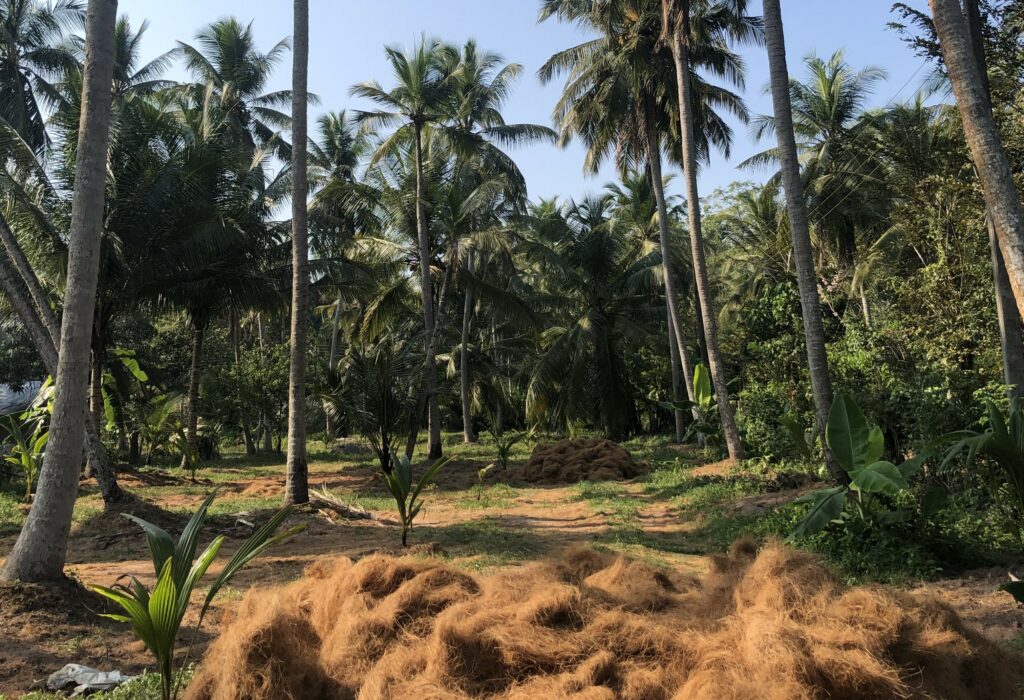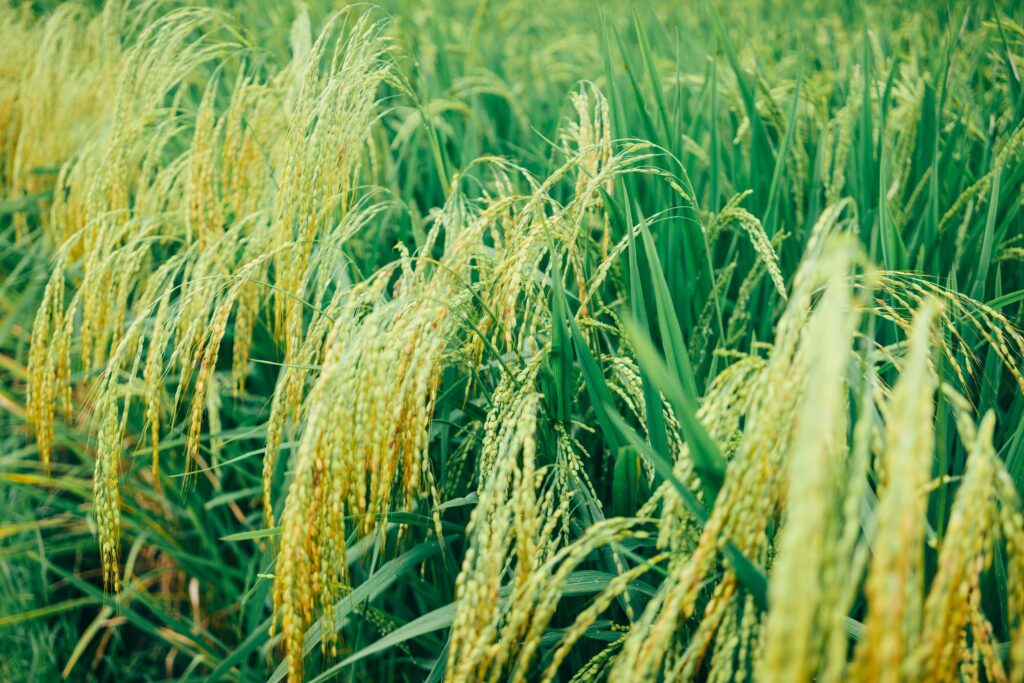Ksapa held a partner session at the 2024 OECD Forum on Responsible Mineral Supply Chains. Summary of talks on forced labor and investors.
Category Archives: Responsible sourcing
Understand how the New York Declaration on Animal Consciousness is shaping the way we think about animal welfare.
Understand the implications of the new regulation on forced labour ban put in place by the European Union (EU) with expertise from Ksapa.
The administrative burden is an argument often put forward by companies and MEPs as a reason not to promote CS3D. Is this true?
Cocoa is the main component of a vast industry with far-reaching repercussions on a global scale. While many of us love chocolate for its taste, cocoa has a less sweet side that poses serious problems. The cultivation and production processes are linked to complex challenges covering social, environmental and economic dimensions. Challenges, analysis and new solutions.
Here’s a concrete toolbok developed for investors, especially in private equity, who need to conduct human right due diligence.
Insights and suggestions on how to ensure business adopt a robust human rights lens in understanding, addressing and mitigating social issues
Coconut plantations, which often receive minimal attention compared to crops such as palm oil, represent a less profitable and less attractive option for farmers. Coconut growing is not just an industry, but also a vital part of rural economies. Overview and solutions.
In this blog, Ksapa discusses the key challenges in agriculture and learnings from the agricultural events held during COP 28
Rice is more than just a staple food; it contributes to nearly one-fifth of all human consumed calories globally. The reliance on this cereal draws a clear picture of its indispensable role in ensuring food security, especially in developing countries. Today, rice consumption is increasing globally, while productivity is declining due to numerous factors.











